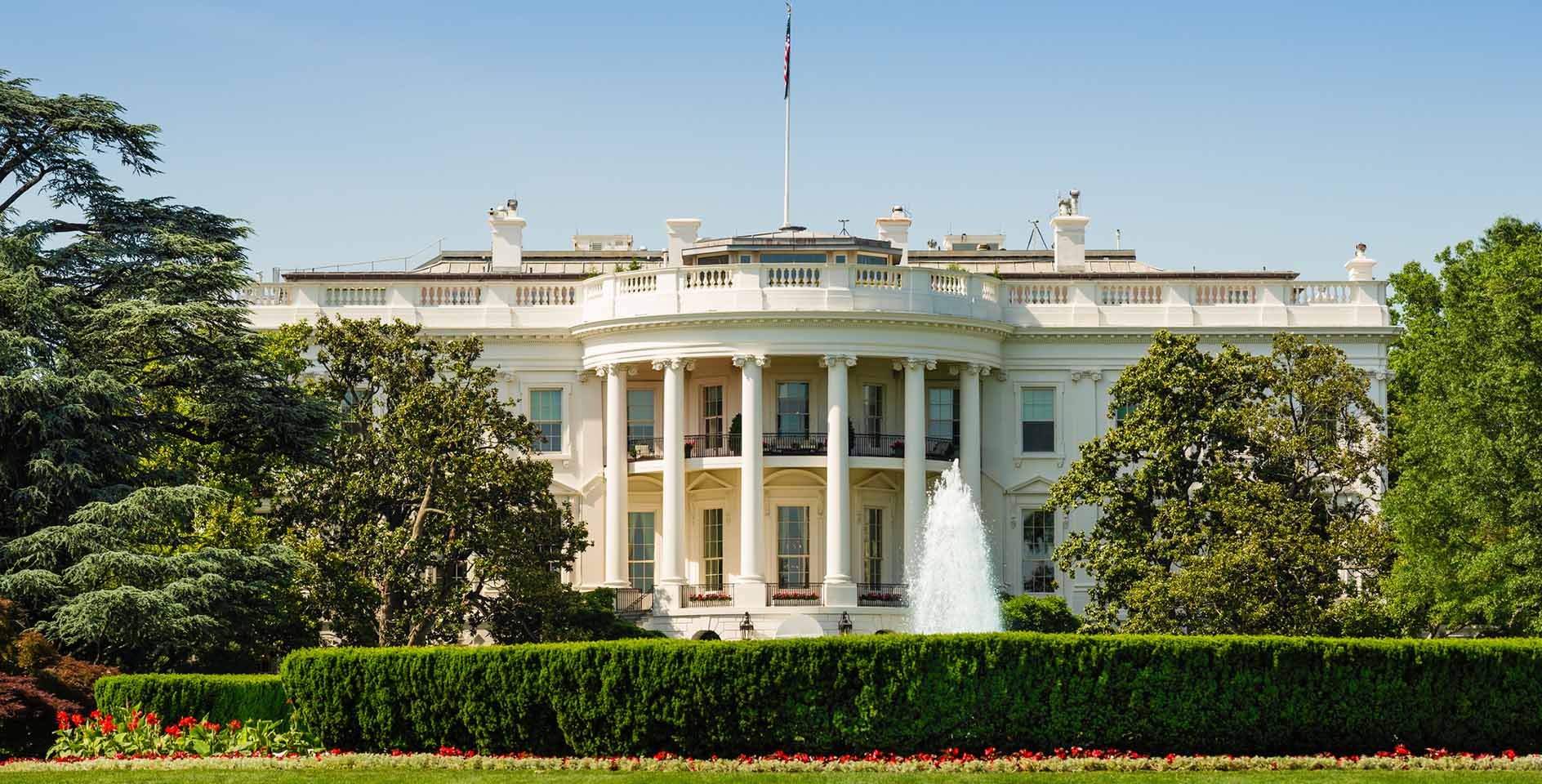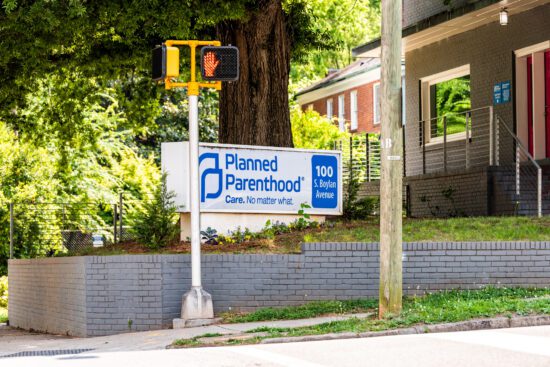On March 9, President Biden released his Fiscal Year 2024 budget proposal. Every year, the president submits his budget proposal, and it serves as a blueprint for the administration’s priorities. A president’s budget proposal has no binding authority over Congress and will not become law. Rather, it is a request and a statement of priorities that serves as a starting point for negotiations in Congress as the House of Representatives and the Senate work on the 12 spending appropriations bills that fund the government. Given that Republicans now control the House of Representatives, it is likely that the final budget will look quite different from this initial proposal.
The ERLC actively engages in the appropriations process each year. In the president’s budget proposal, there are areas of deep concern, but also areas of possible collaboration. As negotiations begin in Congress, the ERLC will share these concerns and advocate for changes that protect life, promote religious liberty, support families, and respect human dignity.
Exclusion of pro-life riders and increased funding for abortion providers
Biden’s budget proposal includes a request for a 79% increase in additional funding for abortion providers through the Title X Family Planning program over last year’s enacted amounts. Though pro-life riders have traditionally kept this funding from directly funding abortion procedures, abortion providers are still able to receive funding through the Title X Family Planning program and other government funds to cover operational costs, allowing them to more easily reserve non-taxpayer dollars for abortion services. Although it is vital for women of any economic status to have access to important healthcare services, abortion — the act of taking a life — is not healthcare.
Additionally, the budget includes investments in “reproductive healthcare” at the Department of Veterans Affairs as well as funding for pro-abortion family planning internationally. Since the Dobbs decision, the Biden administration has made a number of moves to expand abortion access and coverage at VA facilities for those currently or formerly in the military. The budget includes $57 million to support the UN Population fund, a pro-abortion organization. As we seek to aid impoverished nations around the world, we should offer them real medical aid – not abortion.
Notably, for the third time since its inception in 1976, the Hyde Amendment has presumably been excluded from the president’s proposal. The Hyde Amendment is a budget rider on the Department of Health and Human Services (HHS) appropriations bill to prevent Medicaid from covering the cost of abortion. This rider, along with other pro-life riders, are essential in protecting life as well as the consciences of millions of American taxpayers. Though the portion of the president’s budget request that was released on Thursday seems to indicate that these riders have been excluded, we will not know definitively until additional appendixes are released next week.
Before the Hyde Amendment was introduced, approximately 300,000 abortions a year were performed using federal Medicaid dollars. It is estimated that the Hyde Amendment has saved over 2 million lives since it was enacted. Since 1976, the Hyde Amendment has been passed by every Congress. Its success across the generations is not due to a shared belief about abortion but precisely because those representatives and senators believed the disagreement deserved respect. It is vital that Congress, throughout negotiations, attaches the Hyde-family of riders that protect life and protect the consciences of millions of Americans. It is important to note that although Biden’s FY 2022 and 2023 budget proposals also excluded these amendments, they were ultimately included in the final appropriations packages passed by Congress.
Emphasis on advancing gender equity
Throughout the budget proposal, Biden includes multiple proposals that advance “gender equity,” which includes sexual orientation and gender identity (SOGI). The president’s budget proposal would expand SOGI protections in all areas of life, invests $3 billion to “advance gender equity” internationally, and commits to providing gender-affirming care to veterans in VA facilities, with taxpayer funding. Efforts to advance SOGI as protected classes under federal law have explicitly included attempts to roll back religious freedom and conscience protections. As the ERLC has long maintained, a government that is able to pave over the conscience is one that has the unlimited ability to steamroll dissent on any issue.
Potentially helpful areas of investment
Though increased funding does not always necessitate better outcomes, we affirm the president’s desire to promote human flourishing through investment in a number of areas. Given that our spending allocations are often a statement of what we prioritize as a nation, it is encouraging to see emphasis from the president on a few key areas:
- Improving border security and immigration processing: The budget proposal includes an increase of $800 million for border security agencies and increased investments in border patrol and processing personnel. That investment in border security is coupled with increased funding for meeting humanitarian needs at the border and funding for 150 new immigration judge teams to speed up asylum processing.
- Rebuilding refugee resettlement and supporting Afghan evacuees: The proposal includes a $7.3 billion investment in resettling 125,000 refugees in the next fiscal year as well as responding to the needs of unaccompanied migrant children. The budget also includes funding for expedited processing and increased visas available for Afghans who served with the US military and were evacuated to the U.S. following the Taliban’s takeover.
- Supporting vulnerable mothers and families: Though we would not fully support all aspects of these programs as proposed, the proposal includes several initiatives related to reducing maternal mortality, expanding insurance coverage for postpartum mothers, ensuring paid leave for new parents, and expanding the Child Tax Credit. While we have disagreements with the administration about some of the specifics of these policies, it is encouraging to see pro-family policies receive a prominent position in the president’s proposal.
- Making adoption more affordable: The budget proposal includes initiatives that seek to better support children and families in the adoption and foster care systems. It also proposes making the adoption tax credit fully refundable, something the ERLC has long advocated for, making adoption more affordable and accessible
- Implementing the First Step Act: In 2018, President Trump signed into law the First Step Act, a package of significant criminal justice reforms, supported by the ERLC. This budget proposal includes financial investments in implementing that law to support rehabilitative programming, improving prison conditions, and hiring new staff to implement First Step Act reforms.
What’s next?
The House and Senate Appropriations Committees will begin the appropriations process which includes a hearing to discuss budget requests and writing and marking up the 12 appropriations bills that fund the federal government. Congress will have the opportunity to make significant changes, such as including the Hyde Amendment and other important pro-life riders, as they did in Fiscal Year 2023. It is likely that each chamber, and thus each party, will release competing versions of these bills, and negotiations will be fierce as lawmakers debate what will be included in the final package.
Each year, the ERLC is actively engaged in the appropriations process, working alongside committee and leadership offices to ensure that important pro-life, religious liberty, and conscience protections are included and harmful policies are excluded. The ERLC will continuously advocate for the inclusion of these pro-life provisions as well as other legislative measures that reflect God’s gracious love for every human life around the world.










